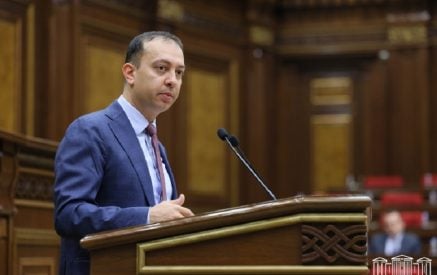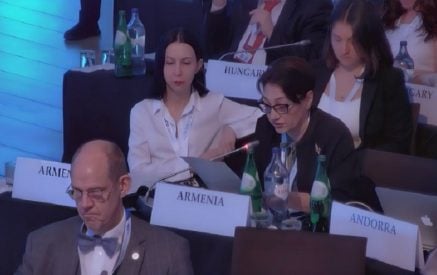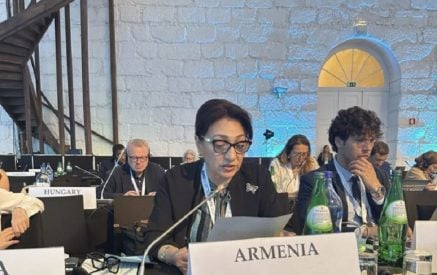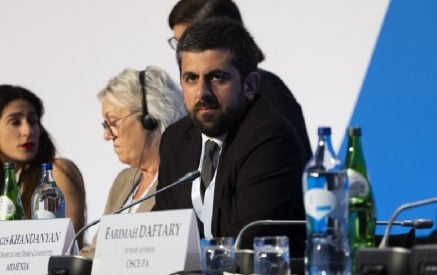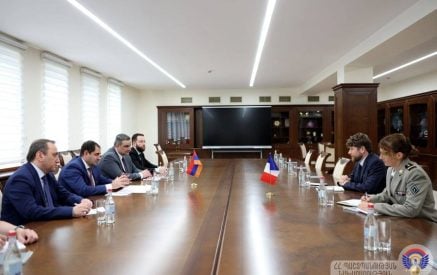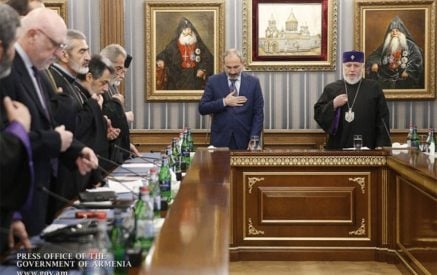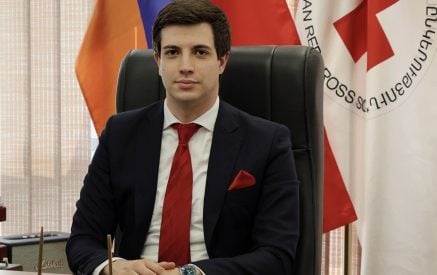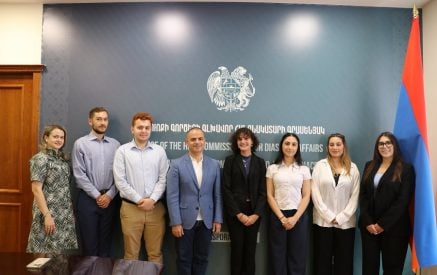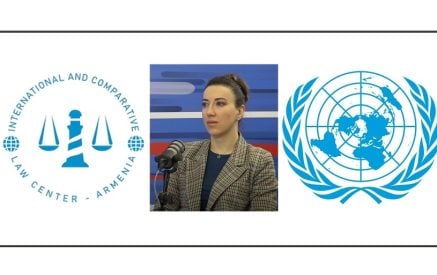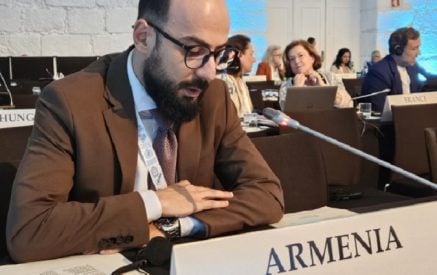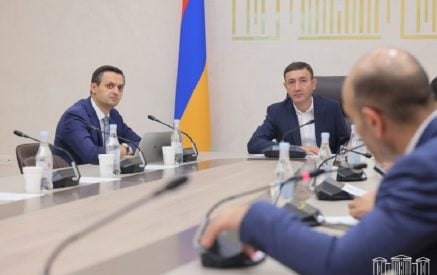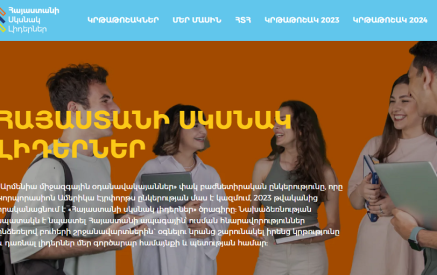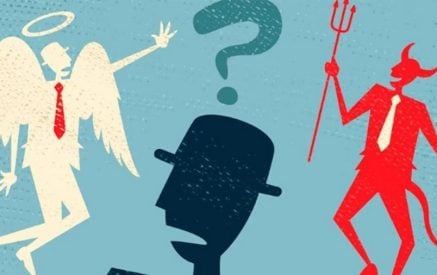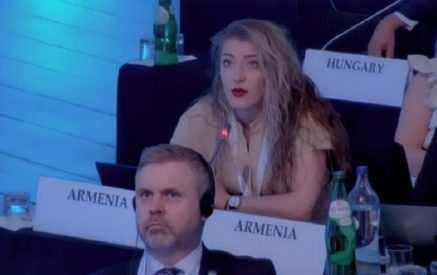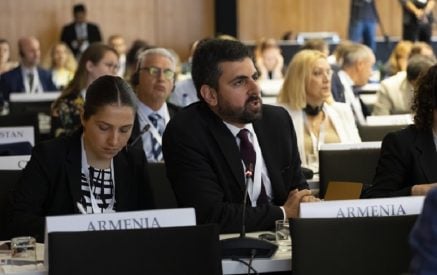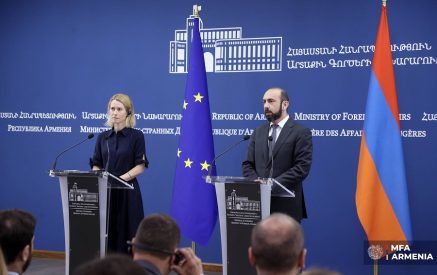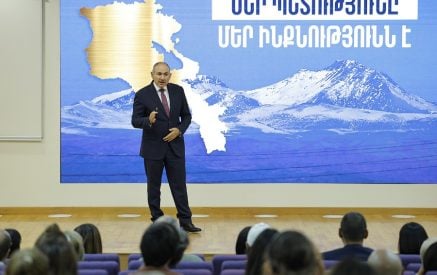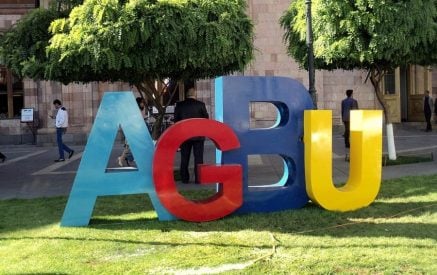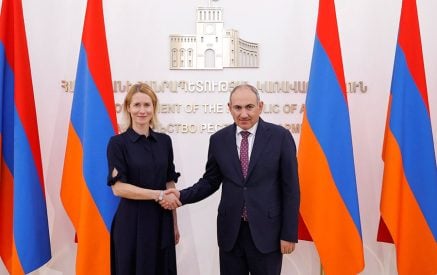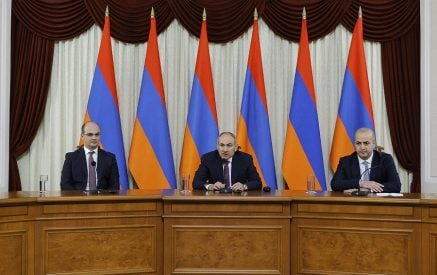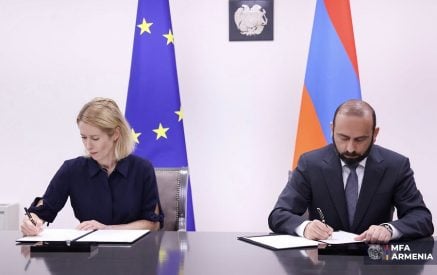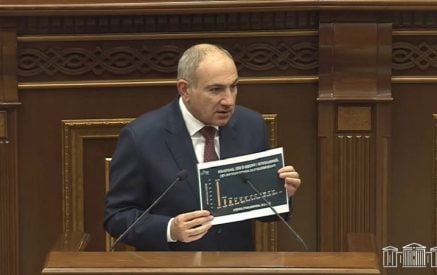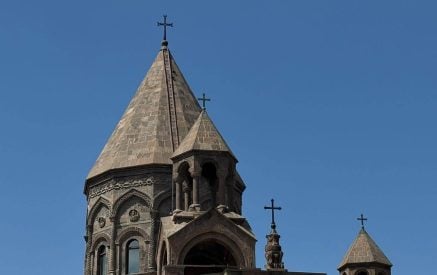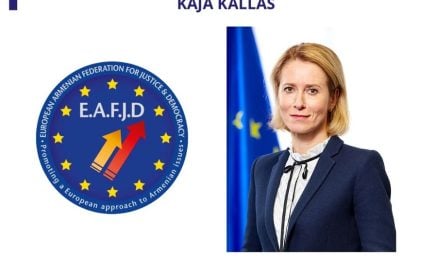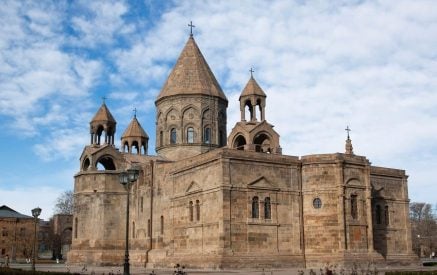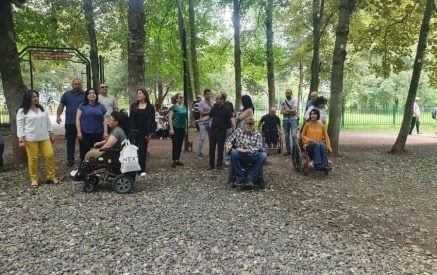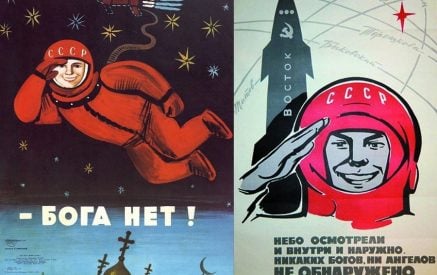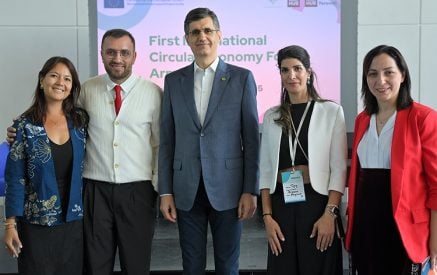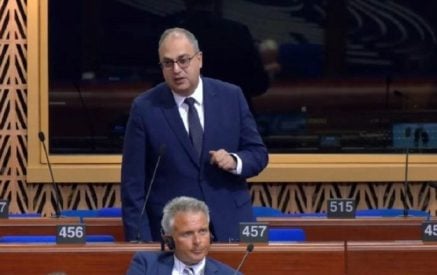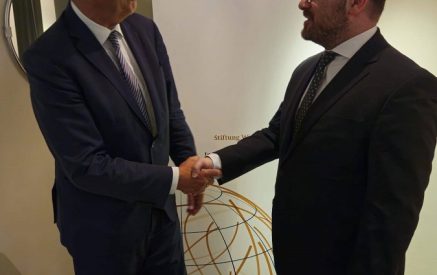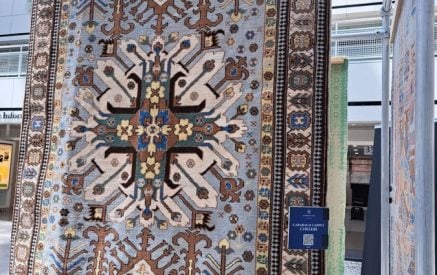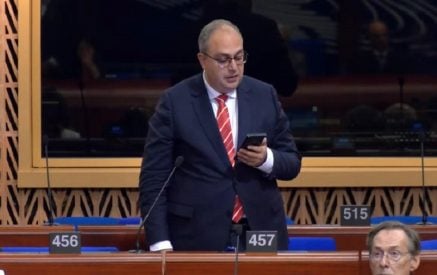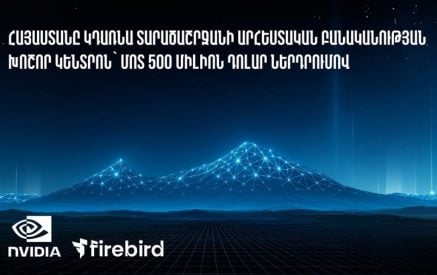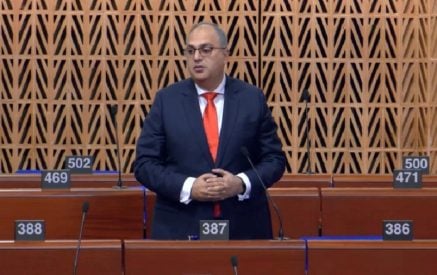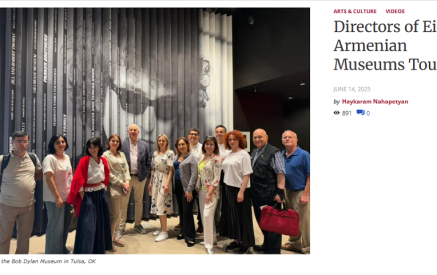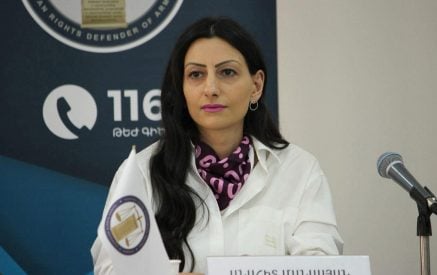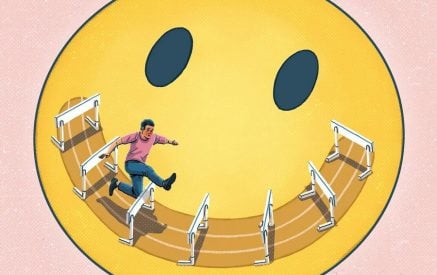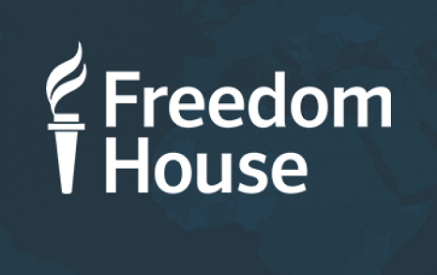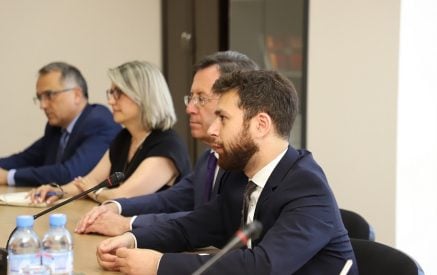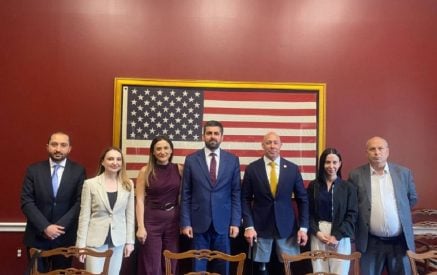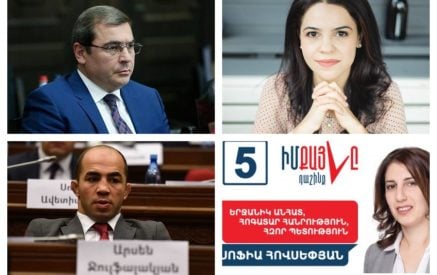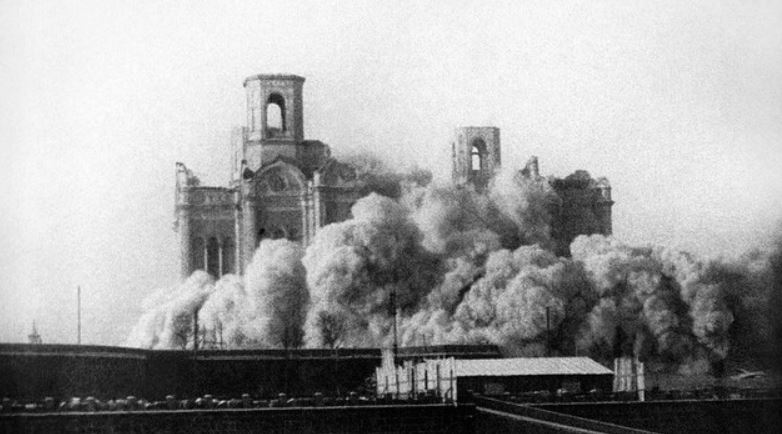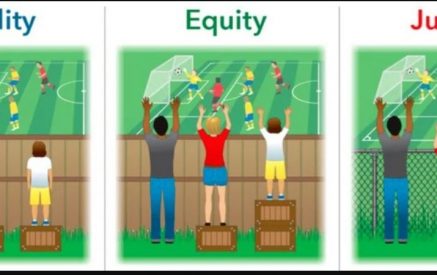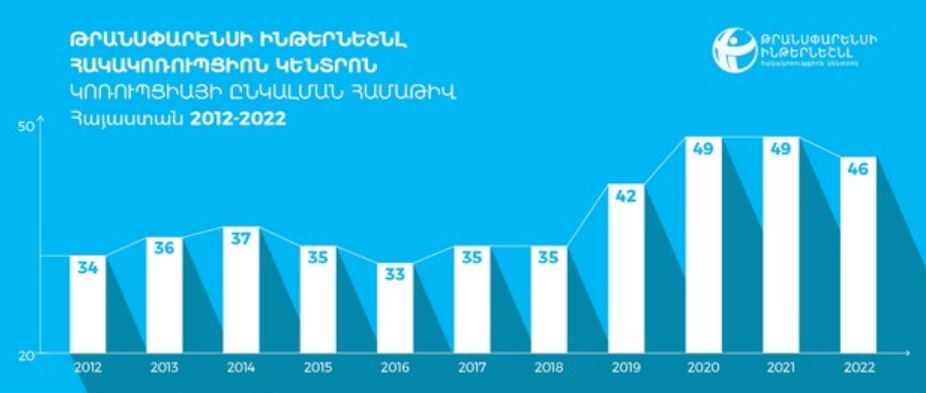Why has the beast in man also awakened with civic sentiments?
“And there is no God,” Father Zvezdon suddenly realized and hit the ground with his left foot. “There is absolutely no God, never was and never will be. There is only the Generalissimo, who is up there,” – Zvezdoni pointed his finger to the sky, – “he does not sleep, he looks at us and thinks about us.” This is an excerpt from Vladimir Voynovich’s anti-utopia “Moscow -2043,” and the hero of the novel who utters these words is one of the priests of the new faith in power, a faith that is meant to replace traditional religion.
If Zvezdoni had also added, “he loves us and is proud of us,” everything would have fallen into place. In fact, that history began not in the “Soviet” or “Post-Soviet” (of which present-day Armenia is an integral part), but in France in 1789, when the hierarchical structure organized by God’s “leadership” was considered unfit and an attempt was made to implement the project of a state of free, equal citizens. On what basis is it possible to build that new, certainly theoretically fairer and more advanced system? The ideologues of the revolution insisted that the contract should be the basis, and it also sounded logical. Since we are beasts at heart, we must somehow agree not to eat each other. Did such an approach lead to real political and economic progress during the next 100-130 years (before World War I)?
It seems obvious to me. Did they do away with “kings” and “rulers”? I think not. It’s just that kings, princes, and their priests got different names. For example, the patriarch of my youth was called “Secretary for Ideology of the Central Committee,” or now – “political scientist close to the authorities.” In short, in accordance with the classic plot, the fighter against the monster became a monster. What is the problem? In 1988, the German philosopher Jürgen Habermas titled one of his speeches as “Modernity is an unfinished project.”
The scientist meant that the project that began with the Enlightenment is now in crisis, but not hopeless. The reason for the crisis is that in the 20th century the subsystems of society – the bureaucracy, the scientific and technical elite – became “sovereign.” As a result, societies have been deprived of the “modern” component and moral orientation. And without it, the ruling classes do not take people’s interests into account and wrap their ideas of social development around the necks of societies. When there is no so-called “ethos,” democracy, market relations become ends in themselves and are ultimately crippled. In that case, the phrase “free citizens” also does not represent a separate value, and what happened in Armenia in 2018 is happening: people were able to show themselves as citizens, but civil feelings were mixed with hatred, revenge, and brutality.
Moreover, it is not possible to implement law enforcement and judicial system reforms without moral guidelines. “Post-revolutionary” courts (prosecution, investigative bodies) cannot fundamentally differ from “pre-revolutionary” ones, because even in the case of the most kind wishes of the government, there is no public atmosphere, the demand that would form other courts. There is no problem for an Armenian citizen, let’s say, to put their hand on the Bible and then lie. In exactly the same way, it is not at all difficult for a judge to administer an appropriate oath and then carry out an executive’s order. Many judges do not need to be called “from above” – they already know who should and should not be given an arrest warrant. The bureaucracy with its “unmixed” image is far from moral orientations. European intellectuals see the way out…in increasing the role of intellectuals.
The French left-wing philosopher Régi Debré imagines politics in the form of a triangle: state-socialism-intellectuality. The problem, according to him, is the depoliticization of intellectuals and, on the other hand, the de-intellectualization of politics. Meanwhile, the role of intellectuals is the same as that of medieval scribes: to create connections between people.
Therefore, according to Debré, they have an obligation to engage in politics. Otherwise, the decay of reason will sooner or later lead to fascism. Maybe Armenia is going in that direction? Especially since, according to the rules of political science, “ochlocracy” – mob rule – is usually followed by dictatorship.
Aram Abrahamyan


